To promote freedom of expression and other human rights, the EU has 30 ongoing human rights dialogues with supranational bodies, but also large economic powers such as China.
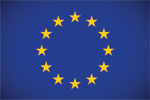

To promote freedom of expression and other human rights, the EU has 30 ongoing human rights dialogues with supranational bodies, but also large economic powers such as China.
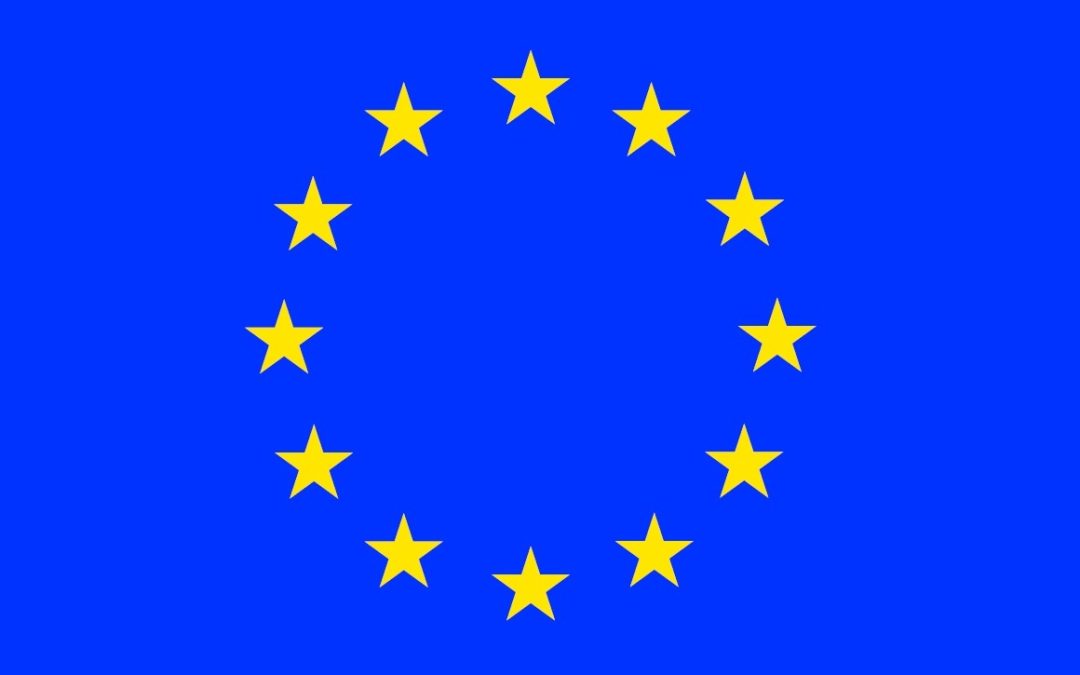
In response to the Arab Spring, the EU shifted the focus of its neighbourhood policy from economic development towards human rights.

Collectively, the European Union of 28 member states has an important role to play in the promotion of freedom of expression in the world.

The EU has made a number of positive contributions to digital freedom, but it must do more.
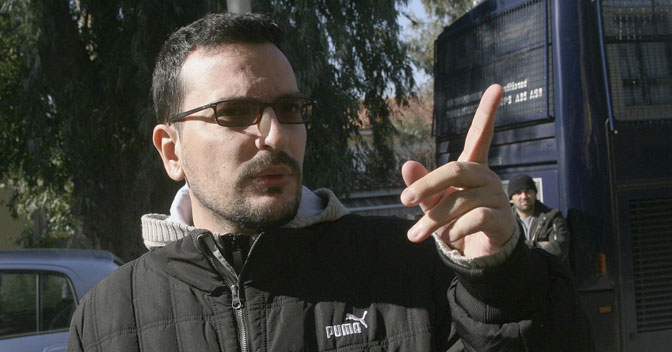
The main threats to media freedom and the work of journalists are from political pressure or pressure exerted by the police, to non-legal means, such as violence and impunity.

Media plurality in the EU is an essential part of guaranteeing the media is able to perform its watchdog function. Without a plurality of opinions, the analysis of political arguments in democracies can be limited.
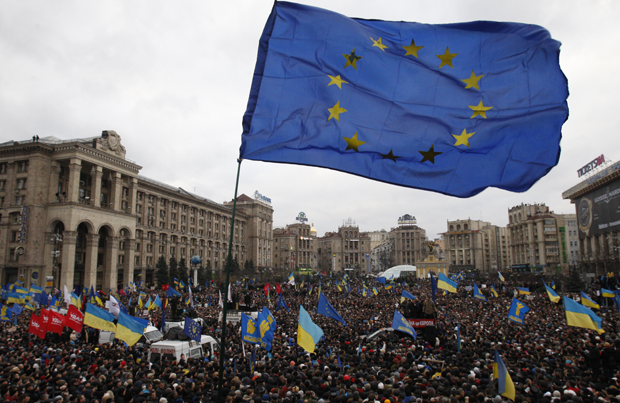
There are a number of challenges to media freedom within the EU, in particular media ownership patterns, political and state pressure in the operation of the media and overly prescriptive regulation of the media.

Many EU member states have failed to adequately protect freedom of information, and there are hate speech laws within the EU that do not allow enough protection for free expression
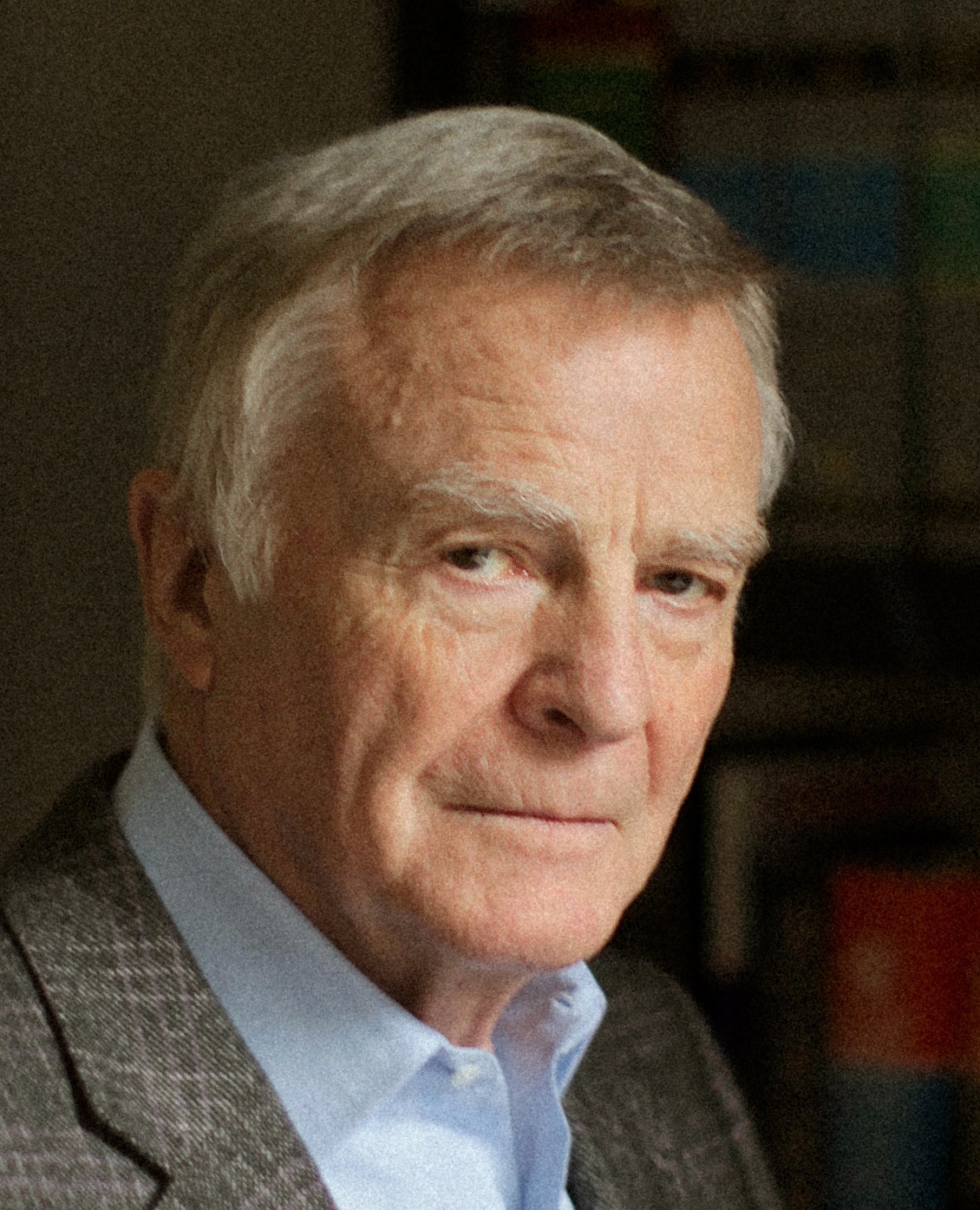
The law of libel, privacy and national “insult” laws vary across the European Union. In a number of member states, criminal sanctions are still in place and public interest defences are inadequate, curtailing freedom of expression.
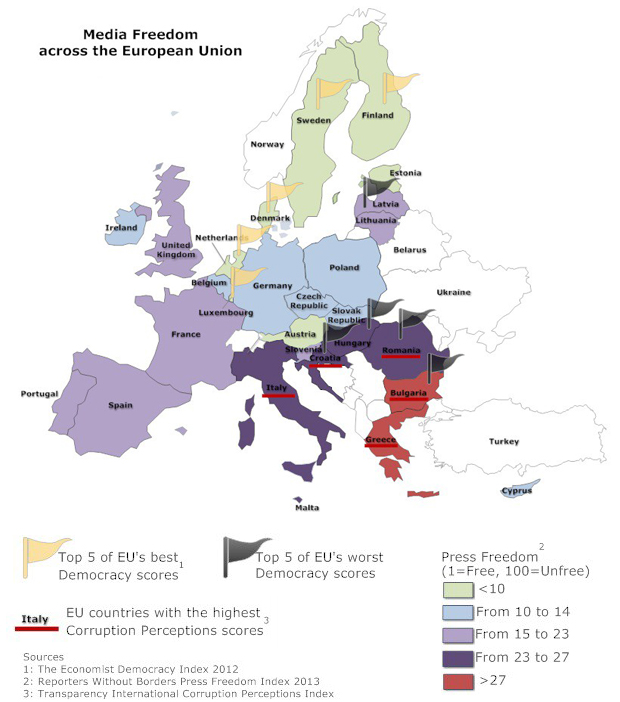
Since the entering into force of the Lisbon Treaty on 1 December 2009, which made the EU Charter of Fundamental Rights legally binding, the EU has gained an important tool to deal with breaches of fundamental rights.

Time to Step Up: The EU and freedom of expression, looks at freedom of expression both within the European Union’s 28 member states and how this union defends freedom of expression in the wider world.
The Intelligence and Security Committee of Parliament is today holding its first ever Open Evidence Session. The witnesses are the three heads of the UK intelligence Agencies